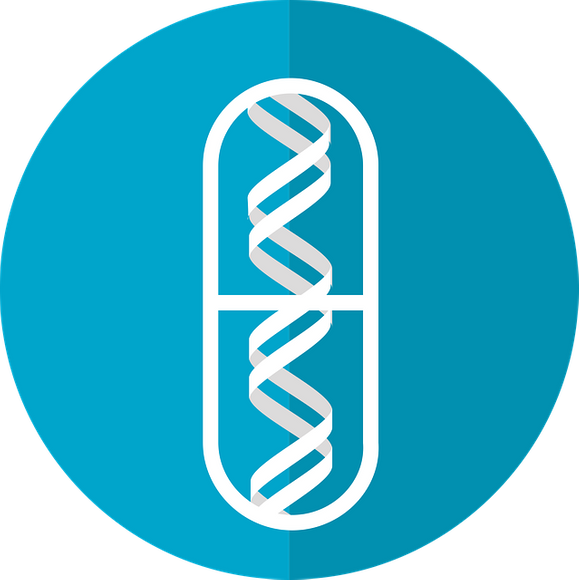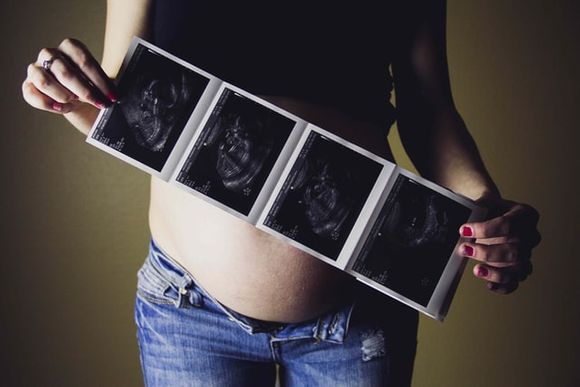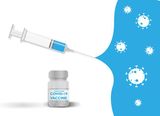Author: Sylvia Marinova, PhD student in the Genomic Stability Laboratory at BAS
Whether our baby will have green or brown eyes depends on what is written in its genetic code. But in addition to such characteristics, genetics also determines the development of diseases and defects that can be very severe and even fatal. On average, between 3% and 5% of all pregnancies [ref.1] are known to be complicated by a genetic or birth defect.
In order to prevent them, there are a number of genetic tests both before and during pregnancy and it is important that all expectant parents are aware of them and discuss them with the advising obstetrician-gynecologist when planning a pregnancy. In this article we will introduce you to the 3 main groups of genetic tests that are applied.
What are genetic diseases

Genetic diseases are due to anomalies in a person's genome. They may be different species and may be the result of a change called a mutationin a particular gene.
Anomalies can also be in larger structures called chromosomes . They carry the genes. Each person normally has 23 pairs of chromosomes insomatic cells, a total of 46 pieces (more detailed about genes and chromosomes can be read here [ref.2]). Sometimes it is possibleto get this way, for example, with Down syndrome, we know that there is a trisomy of the 21th chromosome.
Find out if you are a carrier of genetic diseases before pregnancy

As a first step towards creating a new life, we could do a study to see if we or our partner are carriers of a genetic defect that may be risky for our future baby.
The choice of whether to take such a test is entirely free. Often our obstetrician-gynecologist can recommend such studies or refer us to a specialist in medical genetics if he deems itnecessary.
The study in itself is taking material from the oral cavity .
- Cystic fibrosis - with a defect in the CFTR gene. The disease affects the respiratory and digestive systems most seriously
- Spinal muscular atrophy - with a defect in the SMN gene. More about the disease can be read here [ref.4]
- Thalassaemia - Defect in HBA or HBB [ref.5] genes.
- Brittle X chromosome syndrome - a defect in the FMR1 gene. The disease leads to increased mental retardation and specific facial deformities and much more.
As these are hereditary diseases, there is a high incidence of disease in the family history. In the presence of any of the following factors, it is good to do a genetic screening for carrier. Here is the time to mention that this test can also be done during pregnancy, along with other studies.
In addition to genetic testing, there are other ones that assess the mother's health, but they are not subject to this article.
Screening tests during pregnancy

Most prenatal tests belong to the screening test group. They aim to identify women with pregnancies at risk of chromosomal aberrations or birth defects. These studies do not diagnose, but only identify the higher risk of a genetic defect for our baby.
- Screening in the first trimester - it consists of a combination of a study of serum indicators of the mother and an echographic examination. The two studies complement each other and are not interchangeable. In ultrasound, for example, the amount of fluidthat accumulates in the occipital region of the foetus is observed. If foetal abnormalities are present, it will be increased and this is an early sign by which aneuploydia can be assumed, especially Down syndrome.
- Late screening - we are talking about classic biochemical screening in the second trimester, but it has a reduced sensitivity to that in the first trimester.
- Non-invasive prenatal test - has been studied since 2011.
Diagnostic tests during pregnancy

These are procedures that determine with high accuracy whether the fetus has chromosomal malformation. If our screening test is positive, then a diagnostic examination is required. They are two main types:
- Chorionobiopsia - is performed between the 10th and 13th weeks of gestation, and this is the main advantage of the method. It is invasive and involves sampling from the placenta, which is subjected to examination.
- Amnioccentesis - the study is carried out between the 16th and 18th weeks of gestation.
Having a child is the greatest happiness that can happen to us. But it is accompanied by many difficulties and requires us to be responsible and plan our actions well. In this sense, it is good to think about the possibility of genetic testing, especially if we have reason to assume that we are carriers of a genetic disease. Prenatal diagnosis is also an important part of pregnancy. The main advantage of taking advantage of it is that it gives us preliminary information about the health of our baby and in case it needs special care it gives us time to prepare well.
Read more:
Does it make sense to take a genetic test?
Epigenetics or how lifestyle governs our genes
Mutations vs. Natural Selection
How nucleic acids DNA and RNA orchestrate life
How genes determine resemblance to our parents
-
Prof. Lyudmila Angelova: A risk assessment screening program is offered to all pregnant women in countries with advanced healthcare.
-
Spinal muscular atrophy (SMA) - causes, clinic and treatment
-
Fetal cell-free DNA fraction in maternal plasma is affected by fetal trisomy. Journal of Human Genetics, 2015
-
Noninvasive prenatal testing: the future is now. Reviews in obstetrics & gynecology, 2012








